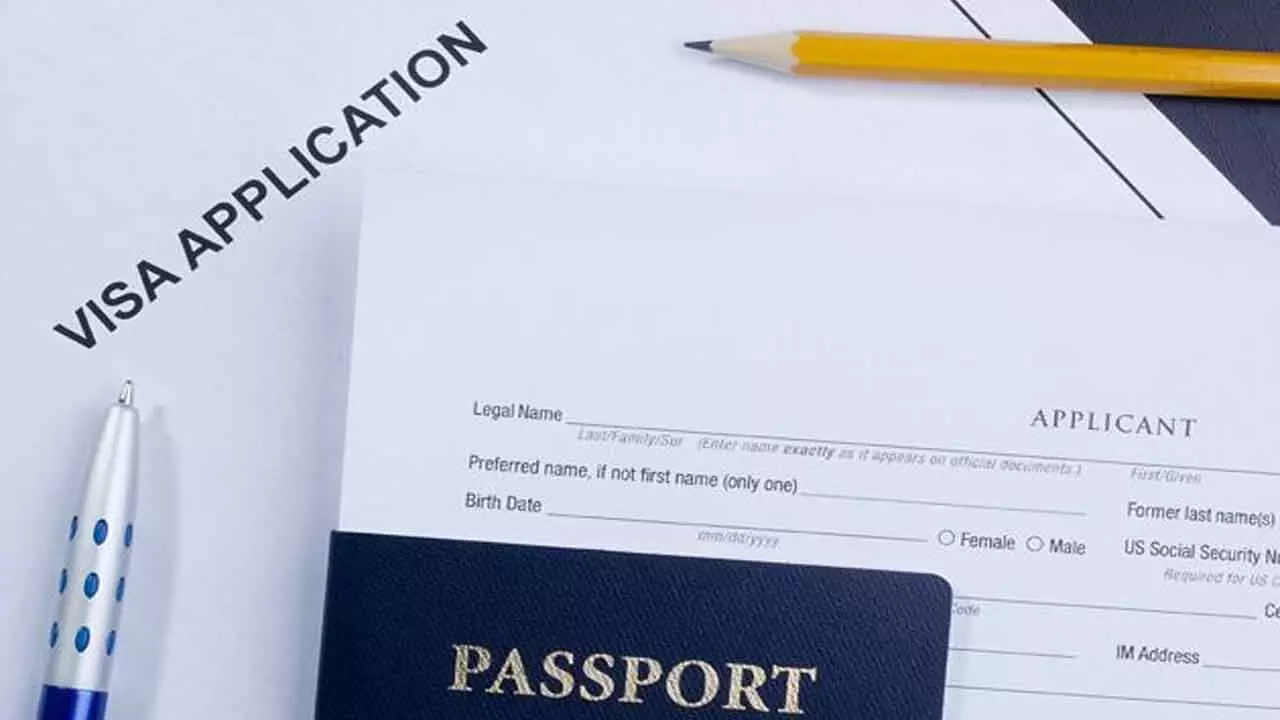Visa Policies Play A Large Role In Shaping Global Tourism Trends
Visa policies are most crucial as they can make or break tourist flows
Visa Policies Play A Large Role In Shaping Global Tourism Trends

Indian travellers, in particular, have shown a marked preference for countries that offer a simplified visa process and procedure. Outbound tourism from India has been growing at a steady rate of 10-12 per cent annually
Visa policies increasingly determine global tourism trends as they can either encourage or hamper movement of travellers between countries. While every nation seeks to strike a balance between security and economic growth, easy and simple procedures for getting a visa have turned into a vital determinant for bringing more tourists into the country.
Shikhar Aggarwal, JMD of BLS International says, “An increasing number of countries that get an overt boost in foreign arrivals extend the benefits of this increase to spending and cultural exchanges. Conversely, a strict visa policy acts as a deterrent to the probable visitor, which influences an economy that depends much on tourism. The recent changes, such as those to the European Union's ETIAS and a number of new digital nomad visas, reflect the broader trend of making way for new types of travellers, including remote workers and long-term visitors.”
These changing policies will influence not only the choice of places to visit but also the way visitors travel and engage with international destinations. In this post-pandemic reality, flexible and visitor-friendly visa policies will be the key to reviving global tourism, he said.
Visa policies were recognised as one of the most crucial factors influencing global tourism trends and tourist flows. In an increasingly interconnected world, the ease or difficulty with which travellers can obtain visas fundamentally impacts their destination choices and selection and travel behaviour.
Ashish Sidhra, co-founder of Alike.io, says, “Various visa policies exist at the global level, from countries allowing almost any citizen to enter freely to countries requiring visas indiscriminately.”
With the rapid growth in the international movement of people during recent decades, the functions of visas and travel documents have evolved. While 50 years back, tourists were heavily influenced by customs regulations, currency exchange limitations, and visa formalities, much progress has been made, thus contributing to the remarkable growth of the global tourism sector, he said.
Countries that have adopted more lenient visa policies, such as visa-free entry or e-visa facilities, have seen a significant boost in tourism lately. For instance, countries in Southeast Asia like Thailand and Vietnam, and parts of Europe that have simplified their visa processes are experiencing higher tourist inflows, mostly because policies reduce travel friction.
Indian travellers, in particular, have shown a marked preference for countries that offer a simplified visa process and procedure. There has been a significant increase in the number of Indians travelling to Far East countries like Thailand, Vietnam and Singapore since these nations offer visa-free or e-visa options, significantly easing travel arrangements. Outbound tourism from India has been growing at a steady rate of 10-12 per cent annually, with a substantial portion directed towards these visa-friendly destinations.
Interestingly, Indian travellers also tend to be last-minute planners, as many book their vacations or holidays within a 30-day window. The convenience of e-visas or visa-free entry aligns perfectly with this trend, making it easier for Indians to make spontaneous travel decisions without lengthy processing times or visa approval delays.
Moreover, in today’s era of digitalisation, integrating technology with visa applications—such as offering online applications and reducing the need for physical submissions—can play a significant role in simplifying travel.
This can help countries recover swiftly in a post-pandemic world, where ease of access will be a significant factor in international travel decisions.
Overall, coming up with more and more traveller-friendly visa policies can not only increase tourism numbers but also attract a more diverse range of visitors inbound and the revenue that flows in.

